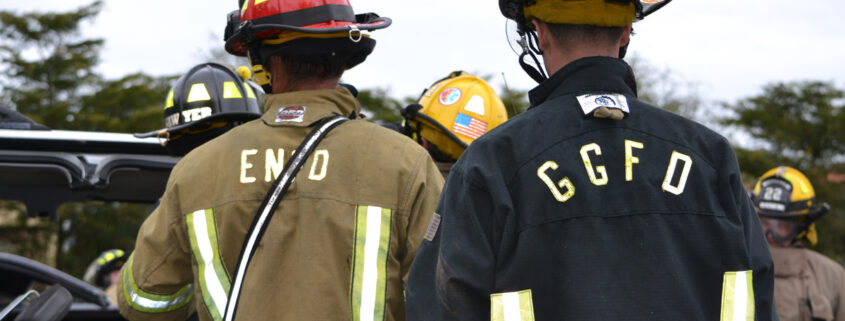Best Use of Taxes – Fire District Service

Marvin Easton
Private companies are in business to sell their products or services, for the benefit of their customers, and also for a profit, for the benefit for their company owners. They compete with each other to that end.
This differs from Taxpayer Funded Public Safety organizations, such as local Fire Agencies.
Why is it better for the residents and taxpayers of Collier County to have multiple public service Fire Agencies, (Greater Naples Fire, Immokalee Fire, North Collier Fire, Ochopee Fire operated by Greater Naples Fire, Big Corkscrew Fire operated by North Collier Fire, Marco Island City Fire, Naples City Fire)?
- Each with its own paid Elected Governing Commissioners
- Each with its own paid Command Staff Structures
- Each with its own duplicated support Staff Functions
- Each with its own responding trained Paramedics and Emergency Medical Service Technicians
- Each with its own fleet of responding firefighting vehicles & supporting equipment
- Each with its own backup fleet for their responding vehicles and equipment
Each with different annual property tax rates from 1.0 mills per year for North Collier, and 1.5 mills for Greater Naples and Isles of Capri Fire, all the way up to 3.75 mills for Immokalee Fire and Big Corkscrew Fire, and 4.0 mills for Ochopee Fire, all providing the same public-service functions for the residents and taxpayers in the county, where 1% of all calls are fire related, 84% are medical related, and the remaining 15% are rescue related and other responses?
Each Fire Agency responds to emergencies outside their taxing territories with North Collier and Greater Naples Fire being net assistance provider agencies, and Marco Island Fire, Immokalee Fire, and Naples Fire being net receivers of assistance.
Is our present structure, with multiple taxpayers funded Fire Agencies, the best organization now for Collier County?
Or as so many other Florida Counties have done, by consolidating their multiple Fire Agencies into fewer, or even into one for the entire county, they have reduced unneeded duplicated overhead, and other unneeded duplication in staffing, and unneeded duplication of backup equipment and used the savings of taxpayer funds to increase their services (such as adding more responding medical vehicles & responding staff, and reducing their response time by enlarging and increasing the number of their station locations.
Or in Collier County the potential to reduce the significant differences in tax rates paid to operate our current multiple Fire Agencies throughout the county for their services.
Is it time for Collier County to consolidate fire operations? You may want to let your elected officials (Fire Commissioners and County Commissioners) know your thoughts.
Respectfully submitted: Marvin Easton



